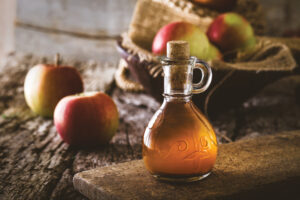Advertisement
Ask the Experts
Alcohol and breast cancer

Advertisement
Q: Breast cancer runs in my family. I recently heard that drinking alcohol can increase the risk of breast cancer. Is this true?
A: Alcohol intake is considered a modifiable risk factor for cancer. The level of risk depends on the cancer type and the amount of alcohol consumed per day on average. Cancers of the breast, bowel, liver, mouth/throat, and esophagus are most closely linked to alcohol consumption.
While most studies have evaluated higher alcohol intake and its connection with breast cancer, a recently published large prospective study following over 100,000 women for many years (including more than 7,500 cases of breast cancer) showed a small increased risk of breast cancer even with alcohol intakes of three to six drinks per week.
If choosing to drink alcohol, the Canadian Cancer Society recommends reducing your risk by drinking one drink or less a day for women (two drinks or less for men). They also advise avoiding tobacco, as combining alcohol and tobacco together has additive effects, making it worse for your health than either one on their own.
Making wise and healthy choices for yourself may involve looking at your relationship with alcohol. Alcohol is not an effective tool for managing stress, and despite helping to get us to sleep, it actually worsens sleep quality.
Incorporating daily stress reduction tools such as a relaxation or meditation practice, yoga, journalling, time in nature, or more regular exercise can help decrease stress levels throughout the day and support us to deal better with acute stress. This can have a profound impact on our overall health and well-being.
By limiting your alcohol intake, staying physically active, and maintaining a healthy body weight with nutritious food, you can help reduce your risk of breast cancer.





